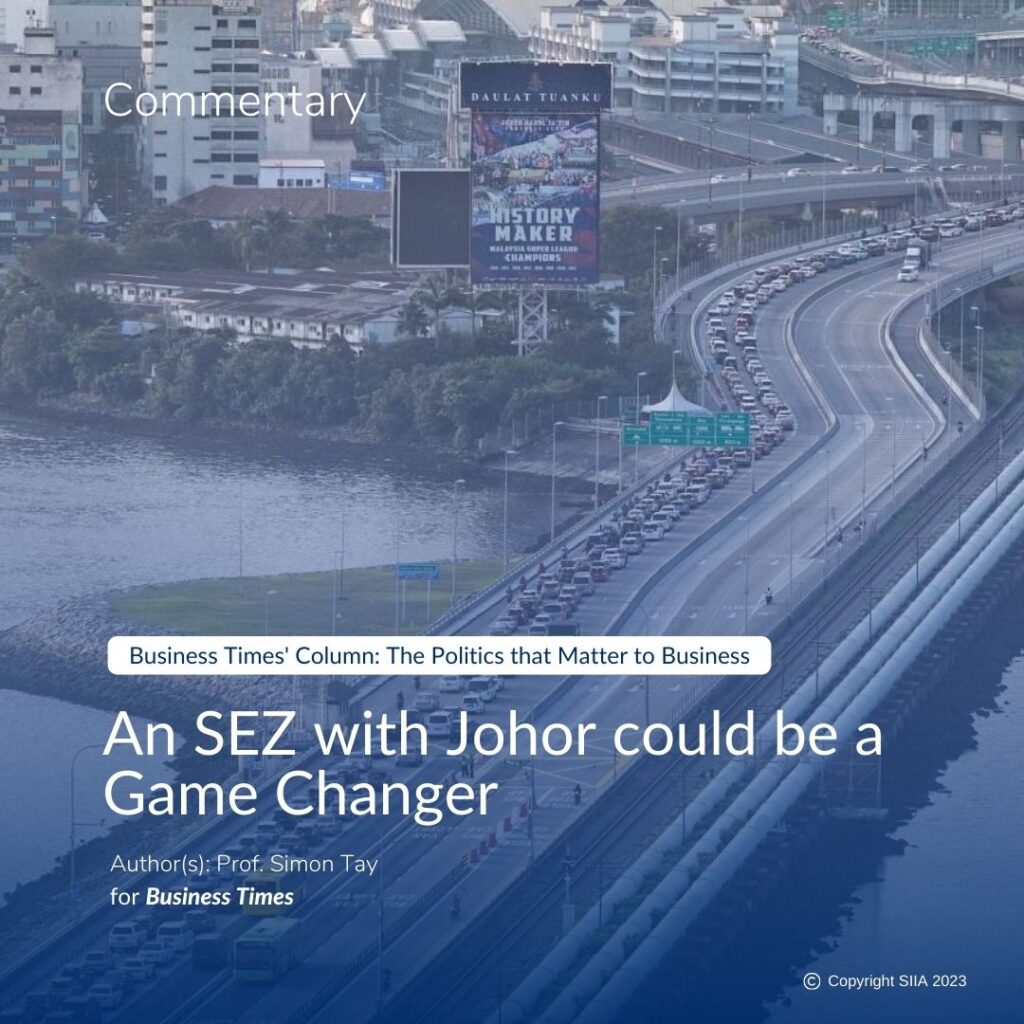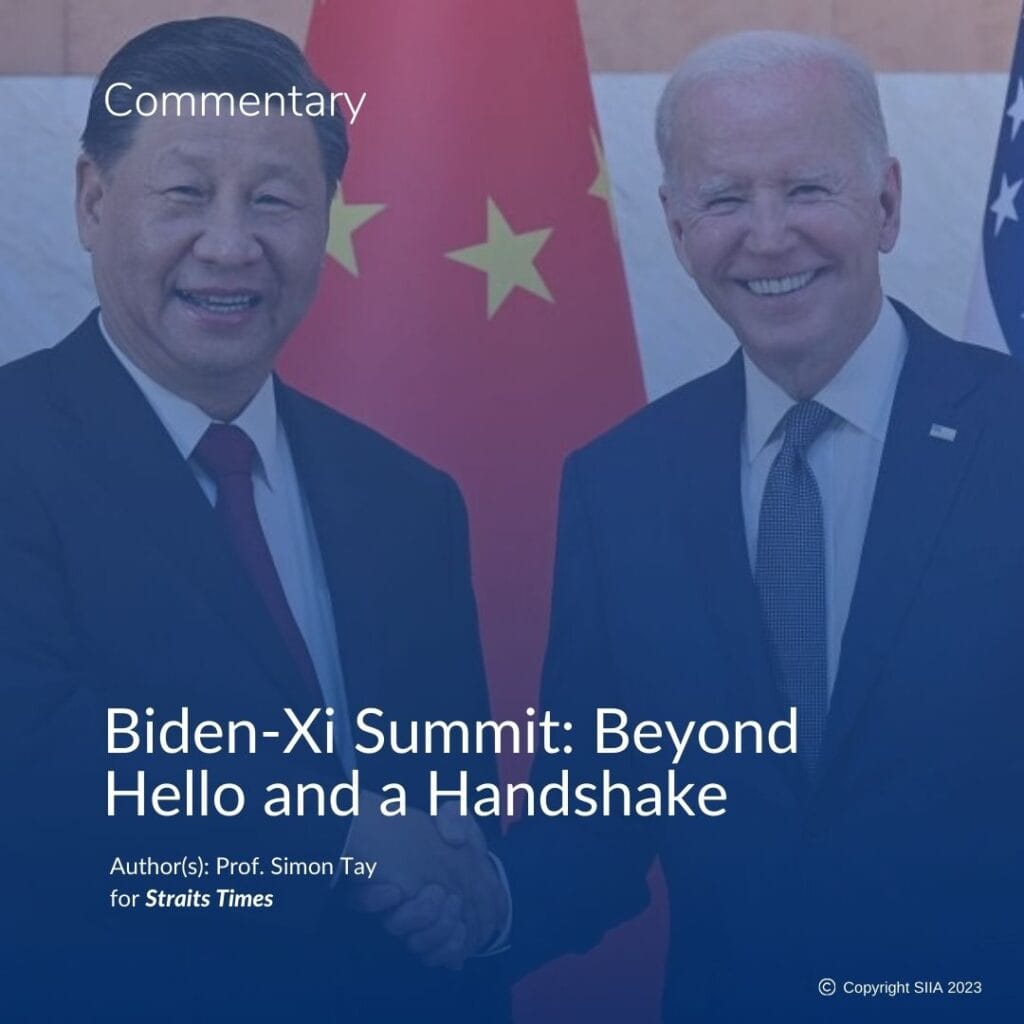The ongoing conflict in Sabah at first seemed something of a farce when followers of the Sultan of Sulu landed with claims to the territory. But the situation has quickly developed into tragedy.
The death toll has passed 60, with losses on both sides. Kuala Lumpur’s decision to deploy military and even air units, rather than having lower-key police and counter-insurgency operations, has come into question.
Philippine President Benigno Aquino has urged Malaysia to exercise “maximum tolerance”. Sections of public opinion in the Philippines have been much more critical. Some are calling for intervention to protect not just the small band of Sulu claimants but some 80,000 Filipinos estimated to reside in Sabah.
Does the Sabah conflict merit outside attention? Does the Association of South-east Asian Nations (ASEAN), as the regional group, have the legitimate role and sufficient tools to reasonably help the situation?
The historical claim to Sabah is long-standing but Manila has never seriously and consistently taken steps against Malaysian control. Moreover, in the present situation, the two governments are acting much in agreement. As Malaysians force the Sulu claimants out from Sabah, reports are that Filipino naval forces have intercepted their vessels and taken armed men into custody while processing others who are fleeing.
The major reason for this cooperation is the Aquino administration’s goal to bring peace to the country’s long restive south. Malaysia has been a key facilitator with the Moro Islamic Liberation Front and the Sabah developments seem aimed to postpone or even derail upcoming talks on a settlement.
There are, as such, good reasons for ASEAN to leave the situation to the two governments. Yet, while discretion is useful, the regional group cannot completely disassociate itself.
NOT THE FIRST CHOICE
ASEAN is creating a regional community by 2015 with a pillar in security and politics. This incident serves as a reminder that what seems old historical baggage can suddenly turn into flashpoints. This is not the only such problem in the region.
The Rohingya in Myanmar and the Thai-Cambodian conflict over the Preah Vihear temple are ongoing issues. In the latter case, ASEAN in 2011 took an unprecedented step by offering to emplace observers to monitor the disputed territory.
Otherwise, ASEAN lacks specialised tools and personnel to broker peace and prevent conflicts from escalating. The group more often puts problems like the Sabah question on hold for many years, rather than resolve the dispute once and for all.
A role for ASEAN, moreover, is not always the first choice for the states involved. In Thailand’s restive south, Malaysia has recently been asked by the current government to help in talks between the government and Muslim representatives. In ongoing tensions between China and four ASEAN member states over claims in the South China Sea, the Philippines recently brought a legal challenge against Beijing’s claims to an international tribunal.
Most states — not just in the region but across much of the world — wish to first deal with their own problems without external intervention. That calculation about Sabah might yet change, however, depending on how circumstances evolve.
One factor is whether the situation worsens, with an upsurge of causalities. There has been a large-scale influx of Filipino migrants into the state and there is some danger that the current conflict could trigger anger more broadly, and not just among the small band from Sulu.
EYE-TO-EYE STILL?
Another factor is whether the Malaysian response is judged to be reasonable and proportionate in accordance with international law and human rights standards. This is especially as the ASEAN Charter upholds goals in human rights and promises more emphasis on the peoples of the region, and not just the governments.
But the third and perhaps key factor remains whether the Malaysian and Philippine governments continue to see eye to eye.
Some suggest that Malaysia’s tough stance is motivated by Prime Minister Najib Razak’s efforts to gain kudos in the run-up to the general election. In contrast, Mr Aquino — although he has so far stood firm — faces mounting pressure to protect Filipino citizens, especially with senatorial elections upcoming for his party candidates.
ASEAN has many issues on its agenda, from economic integration to thorny issues such as the South China Sea. Provided that Malaysian actions are sufficiently constrained and the Aquino administration continues to cooperate, the group would do well to defer to the two governments and not to visibly intervene.
Yet continuing attention must be given to the Sabah conflict so that ASEAN remains a relevant presence that, if circumstances shift, can be readily available.
ABOUT THE AUTHORS
Simon Tay is Chairman of the Singapore Institute of International Affairs (SIIA) and Associate Professor at the National University of Singapore Faculty of Law. Yap Kwong Weng is an Associate Fellow with the SIIA and a World Economic Forum Young Global leader. This article first appeared in TODAY on 18 March 2013.




